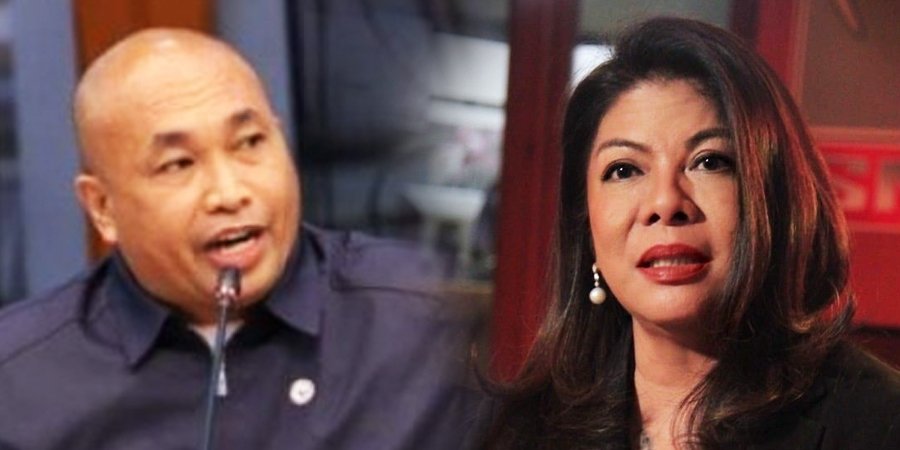The House Committee on Legislative Franchises Tuesday ordered the release of SMNI anchors Jeffrey Celis and Lorraine Badoy-Partosa from detention, based on humanitarian grounds and in the spirit of the Yuletide season.
Committee chairperson, Rep. Gustavo Tambunting, said the release order was unanimously agreed upon by committee members in a meeting held to discuss the appeal of Celis for liberty in time for the celebration of Christmas.
Tambunting pointed out, however, that the release order has nothing to do with the petition of writ of habeas corpus filed by the spouses of Celis and Badoy before the Supreme Court.

“The committee decided to release Celis and Badoy purely on humanitarian grounds. Tomorrow (Dec. 13) is the last day of session and we do not want Mr. Celis and Ms. Badoy to spend their Christmas and New Year in detention,” Tambunting explained.
“The habeas corpus filed before the Supreme Court was never discussed during the meeting, and has no bearing in our decision,” he added.
In defending their move to cite the SMNI (Sonshine Media Network International) anchors in contempt, Tambunting maintained that the Supreme Court has held that committees of Congress have the power to conduct investigations or inquiries in aid of legislation, and to exercise its power of oversight.
“Article VI, Section 21 grants the power of inquiry not only to the Senate and the House of Representatives, but also to any of their respective committees. Clearly, there is a direct conferral of power to the committees,” he explained in a press release Dec. 12.
Tambunting cited the SC decision in the case of Sabio vs. Gordon (G.R. No. 174177, 17 October 2006), which stated that “The conferral of the legislative power of inquiry upon any committee of Congress must carry with it all powers necessary and proper for its effective discharge. Otherwise, Article VI, Section 21 will be meaningless. The indispensability and usefulness of the power of contempt in a legislative inquiry is underscored in a catena of cases, foreign and local.”
Tambunting said that corollary to the power to conduct inquiries and exact testimony from witnesses to carry out its legislative functions, the House of Representatives has the inherent power to punish a witness for contempt. ||



